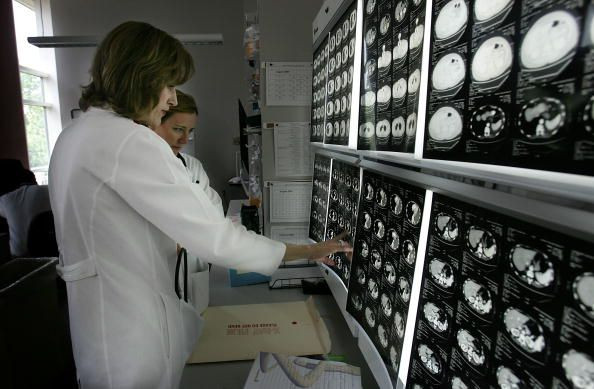New Cancer Treatment Shows Success, 'Vaccine' Patients In Full Remission

Scientists have seemingly found a way to control cancer in certain situations after a team from Mount Sinai Hospital in New York developed a new take on cancer immunotherapy methods.
In a press release published on its official website, the researchers said administering stimulants directly into the tumor had worked in teaching the immune system to destroy the tumor and others similar to it throughout the body.
The treatment was referred to as an “in situ vaccine,” which involved injecting a succession of immune stimulants to one tumor site.
The first injection contained stimulants called dendritic cells to command an immune army. The second activated such cells, which then instructed T cells (also called the immune system’s “soldiers”) to get rid of the cancer cells without harming the healthy ones. This “army” eventually learns to understand the features of a tumor cell and will act when necessary, thus transforming the tumor into a vaccine maker.
The procedure was conducted on patients with advanced-stage lymphoma who were also part of some trials involving head and neck and breast cancer. The treatment was first tested in a lab and then on 11 patients in the trial, some of whom experienced full remission for months to a few years. When the treatment was applied to lab mice, it showed a higher success rate for checkpoint blockade immunotherapy, which is needed to achieve total remission.
In an interview with CNBC, Dr. Joshua Bordy, the lymphoma immunotherapy program’s director, said that these findings present broad implications for the treatment of different types of cancer. The method is called vaccine because, although not preventive like the flu shot, it stimulates the immune system to fight the problem. Specifically, the series of shots teaches the body how to defend itself.
The results call for further exploration and study into its methods and effects to find out if it is, indeed, effective in the short and long term, enough to warrant a Food and Drug Administration review. Still, the findings are a breakthrough in efforts to find a cure for cancer, especially after so many trials in the past have failed.
© Copyright IBTimes 2024. All rights reserved.





















